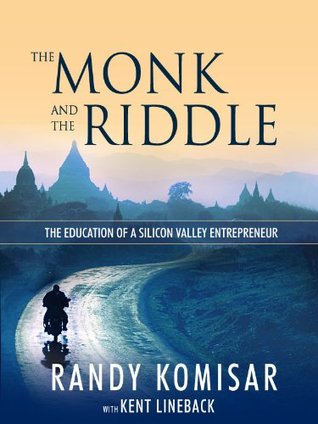More on this book
Community
Kindle Notes & Highlights
Managing—vigorously driving execution—is a rare skill, Debbie told me, but rarer still is the ability to lead, inspire, and motivate people.
I liked being the leader better than being the guy who made the trains run on time. I found that the art wasn't in getting the numbers to foot, or figuring out a clever way to move something down the assembly line. It was in getting somebody else to do that and to do it better than I could ever do; in encouraging people to exceed their own expectations; in inspiring people to be great; and in getting them to do it all together, in harmony. That was the high art.
For me, the moral of the story of Steve Perlman and WebTV is the need to emphasize visionary leadership over management acumen in the formative stage of a startup.
If you turn a visionary startup into an operating company too early, you throw out its birthright. It will never be as big, as grand, or as influential as it might otherwise be. It will be much harder, perhaps impossible, to expand the vision later, when performance is being measured quarter to quarter against operating plans, because then there's too much at stake. Steve was the right leader, the only leader, to take WebTV through its formative years.
Why was he doing this? What was important to him, and what did he care about? Who was he, and how could he express that in his business? I was now curious about the answers.
In the Deferred Life Plan, by definition, you postpone risking what matters most to you; that happens later, if it happens at all.
Lenny had been hedging, unwilling to expose the big idea, because he suspected it had a substantial chance of failing as a business.
Silicon Valley does not punish business failure. It punishes stupidity, laziness, and dishonesty. Failure is inevitable if you are trying to invent the future.
For some of us, Silicon Valley's forgiving attitude toward failure rests on a more profound realization: Change is certain, and in a world of constant change we actually control very little.
The media always look for a single person, a CEO or an entrepreneur, to personify the accomplishments of an entire company or industry. It makes good reading, but it's simplistic. Someone in the Valley suddenly finds himself worth $100 million dollars and begins to believe he earned, and therefore deserves, that money because of his skill and ability. The rest of the world, egged on by the media, tends to be seduced by the myth, despite the hard work of many others and the role
of simple dumb luck. How many of these people accept equal responsibility for the failures in their lives? When you experience the vagaries of success and failure firsthand, it is as hard to accept credit for success as it is to accept blame for failure.
Personal risks include the risk of working with people you don't respect; the risk of working for a company whose values are inconsistent with your own; the risk of compromising what's important; the risk of doing something you don't care about; and the risk of doing something that fails to express—or even contradicts — who you are. And then there is the most dangerous risk of all — the risk of spending your life not doing what you want on the bet you can buy yourself the freedom to do it later.
By contrast, personal risk usually defies quantification.
Only the Whole Life Plan leads to personal success. It has the greatest chance of providing satisfaction and contentment that one can take to the grave, tomorrow. In the Deferred Life Plan there will always be another prize to covet, another distraction, a new hunger to sate. You will forever come up short.
Work hard, work passionately, but apply your most precious asset—time—to what is most meaningful to you.
The business should make it possible for people to come together and cope with death and dying. That's our mission.”


